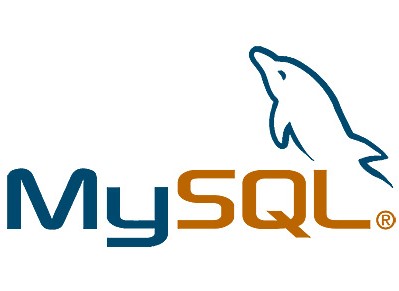Why businesses should not obsess over facebook
Well facebook is the very big thing on the internet right now. A huge number of users, a huge number of buzzwords. “Social engagement”, “Social interaction”, “Content curation” and so on. The big tech blogs always rush to inform us about the latest evolutions in the facebook platform. Even if those “evolutions” are something as silly as changing the text of the “like” button we *have* to be informed. We have to be alert, we have to keep up with whatever that is that facebook is up to. Well in case you got caught in that storm, let me clear up some things.

First and most important, not everyone is on facebook. From the total internet population only a part is on facebook. Less than a third. The other two thirds are only on “the rest of the internet”. Second: facebook doesn’t really have 600 million users. There are 600 million accounts registered but most of those people just log in a few times a month (or less). It’s true that for some people facebook is a daily need, but that doesn’t mean that all of it’s users are equally “addicted”. Third: even within the daily users, a huge part is just browsing holiday pictures and watching youtube videos. Nothing that would justify your attention.
Of course facebook and the tech blogs will always claim that something huge is going on. It’s the equivalent of news on TV. Big scary headlines, always something of huge importance, always something that justifies your time. But the world we live in is not like that. Things that justify our time happen rarely. At least not as often as the TV news claim they do. But if one day you open your TV and see the newscaster saying “another boring day in the news”, the first thing you would do is turn it off and carry on with what you were doing before. It’s the same with tech blogs. If one day you read on mashable that “the social web is not that important” what would you do? Carry on of course. And this is what mashable doesn’t want you to do.
The way I see it, facebook is the TV of our generation. Yes it’s popular, yes it’s important, and yes it’s a huge market. But while you should be aware of it, you should not obsess over it. I’m tired of listening to over-exaggerations like “Oh! now adwords is dead”. Have those people really considered that social networks could might as well be what ICQ and instant messengers were 10 years ago? They were popular, they were important but I’m glad I didn’t waste my time developing ICQ plugins.
Update:
A few days after writing this post I read on technorati that facebook sources are reporting traffic losses for the second month in a row. Read more on the original post.
Inspiration from:



